Resources
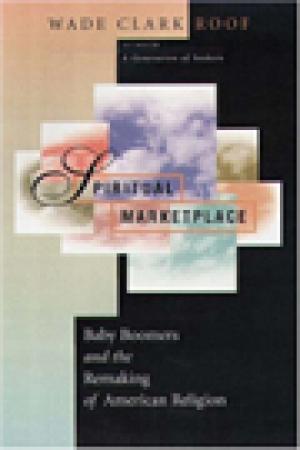
In large chain bookstores the "religion" section is gone and in its place is an expanding number of topics including angels, Sufism, journey, recovery, meditation, magic, inspiration, Judaica, astrology, gurus, Bible, prophesy, evangelicalism, Mary, Buddhism, Catholicism, and esoterica. As Wade Clark Roof notes, such changes over the last two decades reflect a shift away from religion as traditionally understood to more diverse and creative approaches. But what does this splintering of the religious perspective say about Americans? Have we become more interested in spiritual concerns or have we become lost among trends? Do we value personal spirituality over traditional religion and no longer see ourselves united in a larger community of faith? Roof first credited this religious diversity to the baby boomers in his bestselling A Generation of Seekers (1993). He returns to interview many of these people, now in mid-life, to reveal a generation with a unique set of spiritual values--a generation that has altered our historic interpretations of religious beliefs, practices, and symbols, and perhaps even our understanding of the sacred itself. The quest culture created by the baby boomers has generated a "marketplace" of new spiritual beliefs and practices and of revisited traditions. As Roof shows, some Americans are exploring faiths and spiritual disciplines for the first time; others are rediscovering their lost traditions; others are drawn to small groups and alternative communities; and still others create their own mix of values and metaphysical beliefs. Spiritual Marketplace charts the emergence of five subcultures: dogmatists, born-again Christians, mainstream believers, metaphysical believers and seekers, and secularists. Drawing on surveys and in-depth interviews for over a decade, Roof reports on the religious and spiritual styles, family patterns, and moral vision and values for each of these subcultures. The result is an innovative, engaging approach to understanding how religious life is being reshaped as we move into the next century. (From the Publisher)
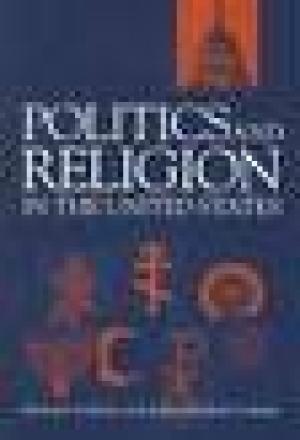
This important book examines the ways in which politics and religion have interacted with each other in the United States from the days of the early colonial period through the 1990s. Unique in the way it sets the contemporary discussion of politics and religion in the larger context of the entire scope of U.S. history, this book traces significant themes over time showing students how the events of the 1990s have their roots in a long process of development. In addition, this volume offers students and teachers an excellent means of keeping up with contemporary developments virtually as rapidly as they occur. The authors have developed their own World Wide Web site to be used in conjunction with the book. This site offers a large variety of relevant links and includes an update area in which important new developments will be posted. Moreover, each chapter of the book has references to several relevant Web sites. (From the Publisher)
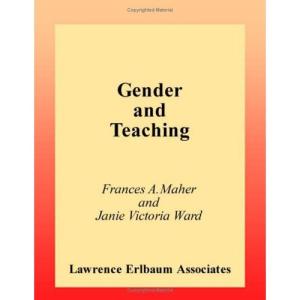
Gender and Teaching provides a vivid, focused, and interactive overview of the important gender issues in education today. This is accomplished through conversations among experts, practitioners, and readers that are informed by representative case studies and by a range of theoretical approaches to the issues. Gender and Teaching is the third volume in the "Reflective Teaching and the Social Conditions of Schooling" series edited by Daniel P. Liston and Kenneth M. Zeichner. It follows the same format as previous volumes in the series. Part I includes four cases dealing with related aspects of gendered experiences in schools (nonsexist elementary school curricula, gender and race implications of special education assignment practices, homophobia in high schools and classrooms, and teaching as a woman's profession), followed by a set of teachers', administrators', and professors' reactions to each case. Part II is an elaboration of four "public arguments"--conservative, liberal, women-centered, and radical multicultural--pertaining to the issues raised in the cases in Part I. These arguments exemplify clusters of orientations, organized around general values rather than hard and fast principles. Part III presents the authors' own interpretations of the issues raised throughout the work and provides activities and topics for reflection and an annotated bibliography of additional resources. Content and Pedagogical Features: *Readers are encouraged throughout to interact with the text. They can respond to each case and compare their responses to those of others in the field. *The cases and discussions that follow help students begin to evolve their own "practical theories"; explore and perhaps modify some of their basic beliefs and assumptions; become acquainted with other points of view; and look further into the connections and intersections of gender with other structural dynamics and practices--those of race, class, and culture--as intrinsic to their explorations into the social conditions of schooling. *The major strands in feminist theory about women and education are presented so that students can analyze the differences among them, come up with positions of their own, and learn to defend them. *Although the authors draw on historical and sociological frameworks that show how women have historically been discriminated against in our schools and in our society, their goal is an education that is equally fair to everyone, boys as well as girls. Gender and Teaching is pertinent for all prospective and practicing teachers at any stage of their training. It can be used in any undergraduate or graduate course that addresses issues of gender and teaching. (From the Publisher)
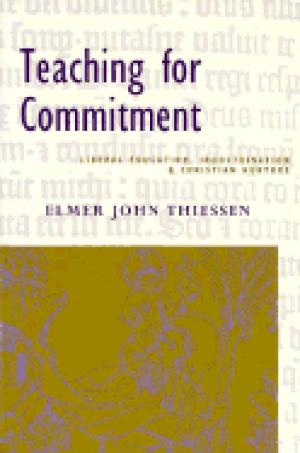
This book covers the fields of religion, philosophy, epistemology, ethics, and education. The very practical nature of the problem examined, and Thiessen's straightforward and non-technical presentation, will be of interest to parochial and public school boards, teachers, and parents, as well as religious groups, educationalists, and philosophers of education. (From the Publisher)
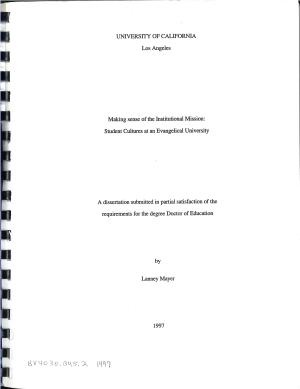
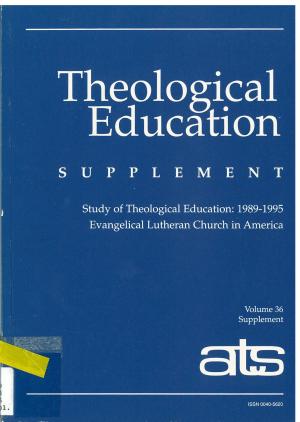
Journal Issue. Full text is available online.
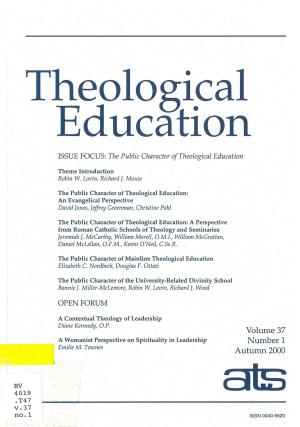
Journal Issue. Full text is available online.
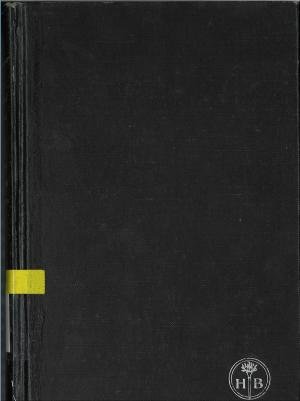
A study of the work which theological schools do in the preparation of persons for the parish ministry. (From the Publisher)
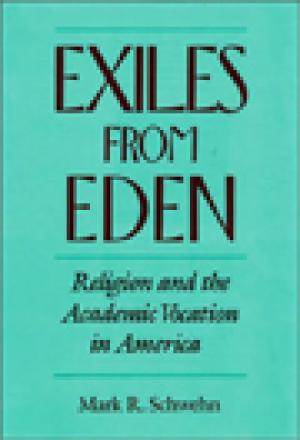
Exiles From Eden sounds a call to the American academic community to begin seeking a solution to the many problems facing higher education today by rediscovering a proper sense of its vocation. Schwehn argues that the modern university has forgotten its spiritual foundations and that it needs to reappropriate those foundations before it can creatively and responsibly reform itself. The first part of the book offers a critical examination of the ethos of the modern academy, especially its understanding of knowledge, teaching, and learning. Schwehn then formulates a description of the "new cultural context" within which the world of higher learning is presently situated. Finally, he develops a view of knowledge and inquiry that is linked essentially to character, friendship, and community. In the process, he demonstrates that the practice of certain spiritual virtues is and always has been essential to the process of genuine learning - even within the secular academy. Schwehn critiques philosophies of higher education he sees as misguided, from Weber and Henry Adams to Derek Bok, Allan Bloom, and William G. Perry, Jr., drawing out valid insights, while always showing the theological underpinnings of the so-called secular thinkers. He emphasizes the importance of community, drawing on both the secular communitarian theory of Richard Rorty and that of the Christian theorist Parker Palmer. Finally, he outlines his own prescription for a classroom-centered spiritual community of scholars. Exiles From Eden examines the relationship between religion and higher learning in a way that is at once historical and philosophical and that is both critical and constructive. It calls for nothing less than a reunion of the intellectual, the moral, and the spiritual virtues within the world of higher education in America. It will engage all those concerned with higher education in America today: faculty, students, parents, alumni, administrators, trustees, and foundation officers. (From the Publisher)
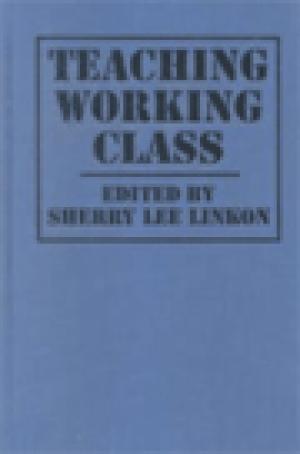
Since the 1970s, working-class individuals have made up an increasing proportion of students enrolled in institutions of higher education. At the same time, working-class studies has emerged as a new academic discipline, updating a long tradition of scholarship on labor history and proletarian literature to include discussions of working-class culture, intersections of class with race and ethnicity, and studies of the representation of the working class in popular culture. These developments have generated new ideas about teaching that incorporate both a sensitivity to the working-class roots of many students and the inclusion of course content informed by an awareness of class culture. (From the Publisher)